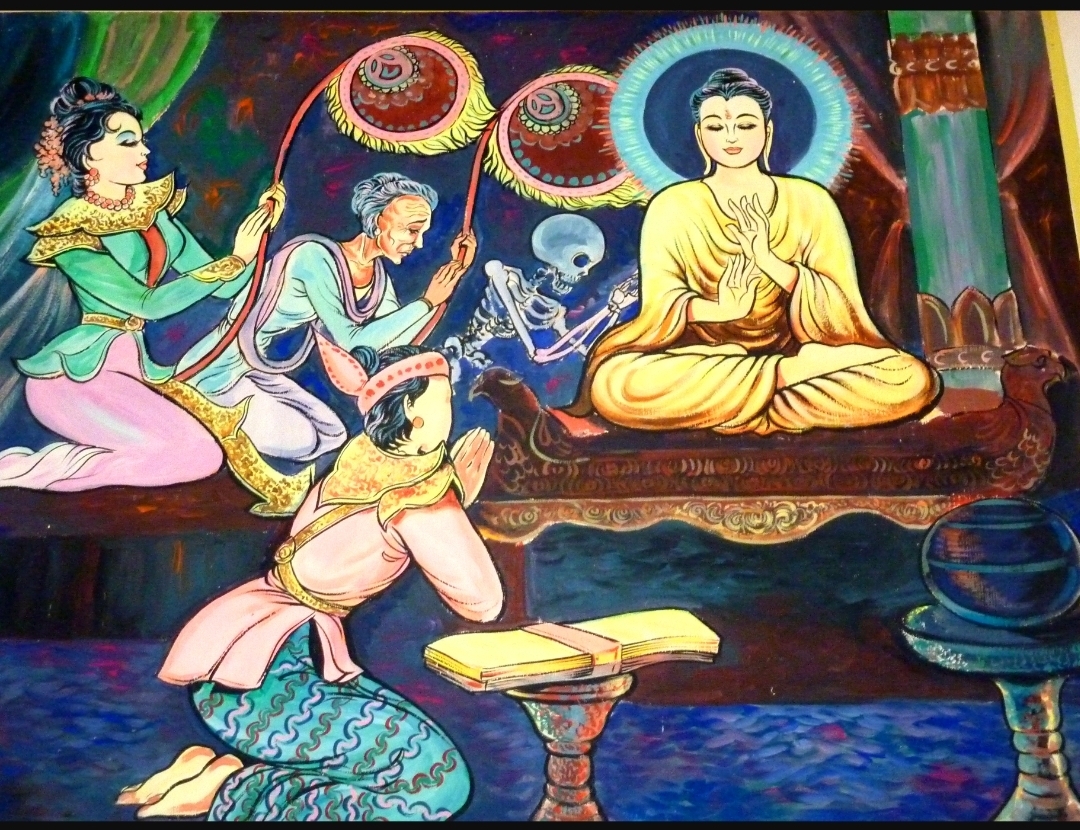Marital Rape: A Travesty of Justice
Marital rape can be simply defined as rape committed by a person to whom the victim is legally married. In a broader sense, it involves non-consensual sexual intercourse between spouses and does not necessarily imply physical violence.
As is with such heinous crimes, or for that matter any crime or felony, the sex of the perpetrator is immaterial. Any crime can be committed by any human being; thinking otherwise would be absurd; nay, it would bespeak deliberate stupidity, narrow-mindedness, poor common sense, and cognitive dissonance. If you believe that a certain category of human beings is more prone to indulging in criminal activities, you should immediately consider consulting a therapist, for your myopic perspectives threaten the fabric of civil society.
Many people, unfortunately, have a condescending view of women. For reasons best known to them, the female sex is somehow physiologically and intellectually inferior to the male sex. Even if we momentarily ignore how blatantly inaccurate and outrageous such a notion is, perceived physiological or intellectual differences must not come in the way of affirming the natural and statutory rights of persons. All human beings, including women, are entitled to life, liberty, and the pursuit of happiness; this necessarily includes abstention from interfering with their private lives. The Due Process Clause of the 14th Amendment to the US Constitution has empowered American courts to restrict the intrusive and dictatorial tendencies of the State effectively and affirm the natural rights of hitherto marginalized sections of society.
In India, a nation struggling to let go of its orthodox and obscure notions of propriety and sexual morality, such an inherent principle does not apply to all citizens uniformly. Even though the Constitution mandates that all citizens are equal in the eyes of law and are liable for equal protection under the law, a husband (or for that matter, a wife) can legally force himself sexually on his wife. Such a blaring negation of a woman's bodily autonomy and privacy, as recognized under both common law and Joseph Shine vs UOI, does not attract the rigors of Section 376 of the Indian Penal Code. This doesn't merely violate Article XIV of the Indian Constitution; it precipitates an array of other problems, which are…. rather disconcerting.
Justice D.Y. Chandrachud, in his opinion in Joseph Shine vs. UOI, had categorically stated that the notion that a woman surrenders her sexual agency following marriage and automatically consents to sexual relations was manifestly arbitrary, patronising and unfounded in law: The wife is not the chattel of the husband. Even K.Puttaswamy v UOI, a landmark case which affirmed that the right to privacy as an inalienable constitutional liberty, professed that neither the State nor private individuals had the right to intrude the domain of privacy of ordinary citizens: this necessarily included matters about sex. Under such circumstances, what compels various state courts to continue refusing the recognition of marital rape? Why must you assume arbitrarily that a sexual liaison between a married couple is automatically consensual? Whatever happened to the right to life and liberty, arguably one of the most sacred constitutional freedoms?
Section 376 of the Indian Penal Code mandates that marital rape is only recognised when the victim is less than 15 years of age. How does this not contradict the statutorily mandated age for marriage (18 and 21)? And how does this not implicitly imply child marriage? Why are the courts and the legislative assemblies blissfully unaware of this predicament? Considering that an amendment concerning marriage registration in Rajasthan indirectly legalised child marriage, the courts and the Centre must decide whether we want to progress or regress.
By refusing to recognise marital rape, the judiciary, the legislature, and the society at large have(has?) jeopardised the rights of women. In a nation that still reeks of patriarchy and strict gender roles, mitigating the seriousness of a sordid crime reinforces eons of systemic gender oppression. What other remedies does the hapless wife have? The Domestic Violence Act? Outrage of modesty? Why should law lessen the punishment for a crime if under similar circumstances it would accord a different and harsher punishment to the perpetrator? Rape is rape. Sexual molestation is molestation.
Let me put this in a different way. Let us say it is the wife that commits rape. As "ridiculous and revolting" it may sound, the fact remains that women can (and do) commit forced sexual acts, that is, rape. Presently only the POCSO Act treats sexual offences as being gender-neutral. Under such circumstances, what remedy does the husband have?
Further complexities may arise when one attempts to consider non-normative relationships, i.e., involving same sex (or for that matter queer) individuals. Do courts consider non-consensual sexual intercourse between individuals of the same-sex as rape/sexual molestation? A plain and cursory reading of section 376 would imply that the answer is in the negative.
Nevertheless, it would be inaccurate to conclude that nothing has moved in the right direction. Earlier this year the Kerala High Court handed down a landmark verdict that accepted marital rape as legitimate grounds for divorce. Although the Court stated that marital rape statutorily is not recognised under the penal code of the nation, it opined that it nevertheless constitutes “physical and mental cruelty” and is violative of a spouse’s dignity. Although the verdict lacked behind in not criminalising marital rape altogether, it opened hitherto unchartered waters. It serves as a promising precedent insofar as it considers marital rape as “physical and mental cruelty”; the same can be used as a basis for defining and penalising the horrendous and contemptible crime of marital rape.
There is hope. Lambent, but there nonetheless.


I agree that it is a truth but still we are not ready to accept becoz it will have huge ramifications .
ReplyDelete